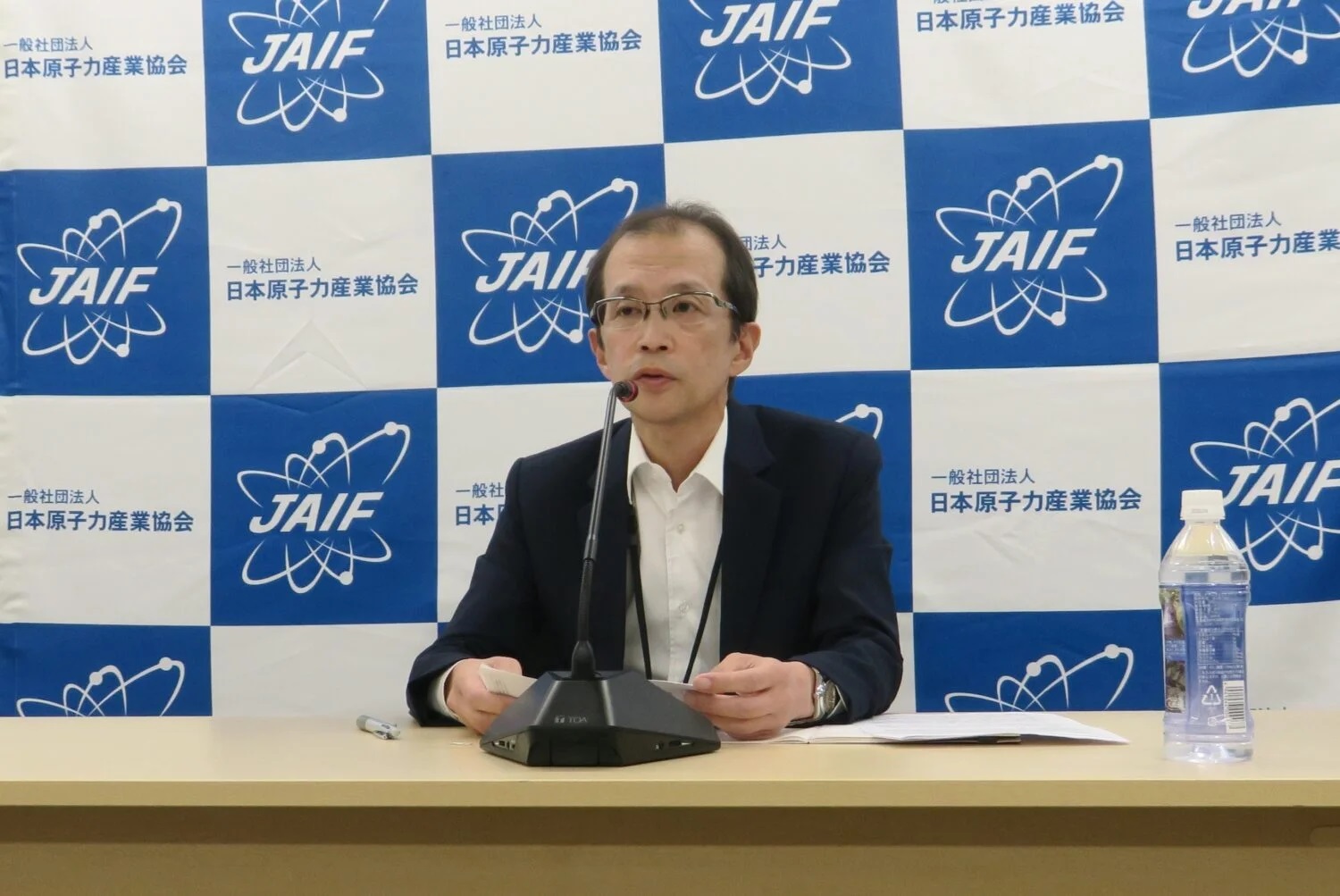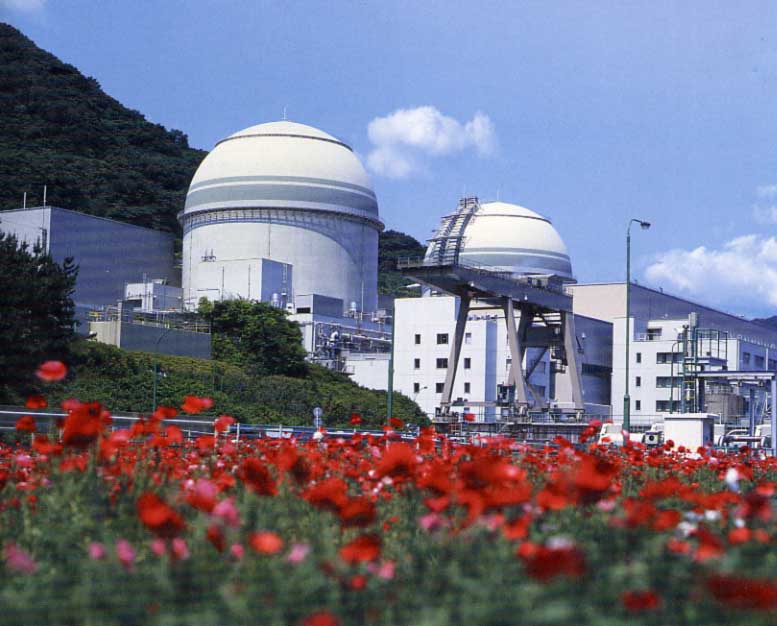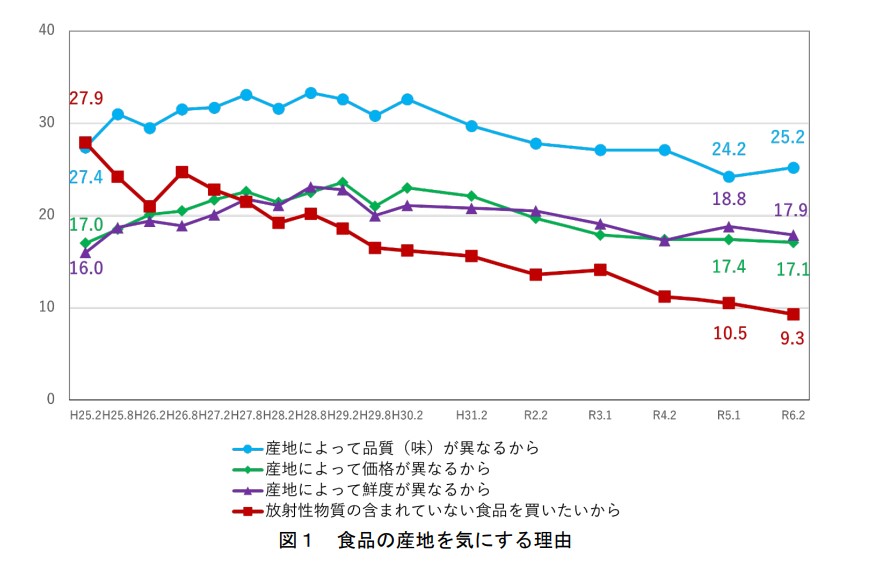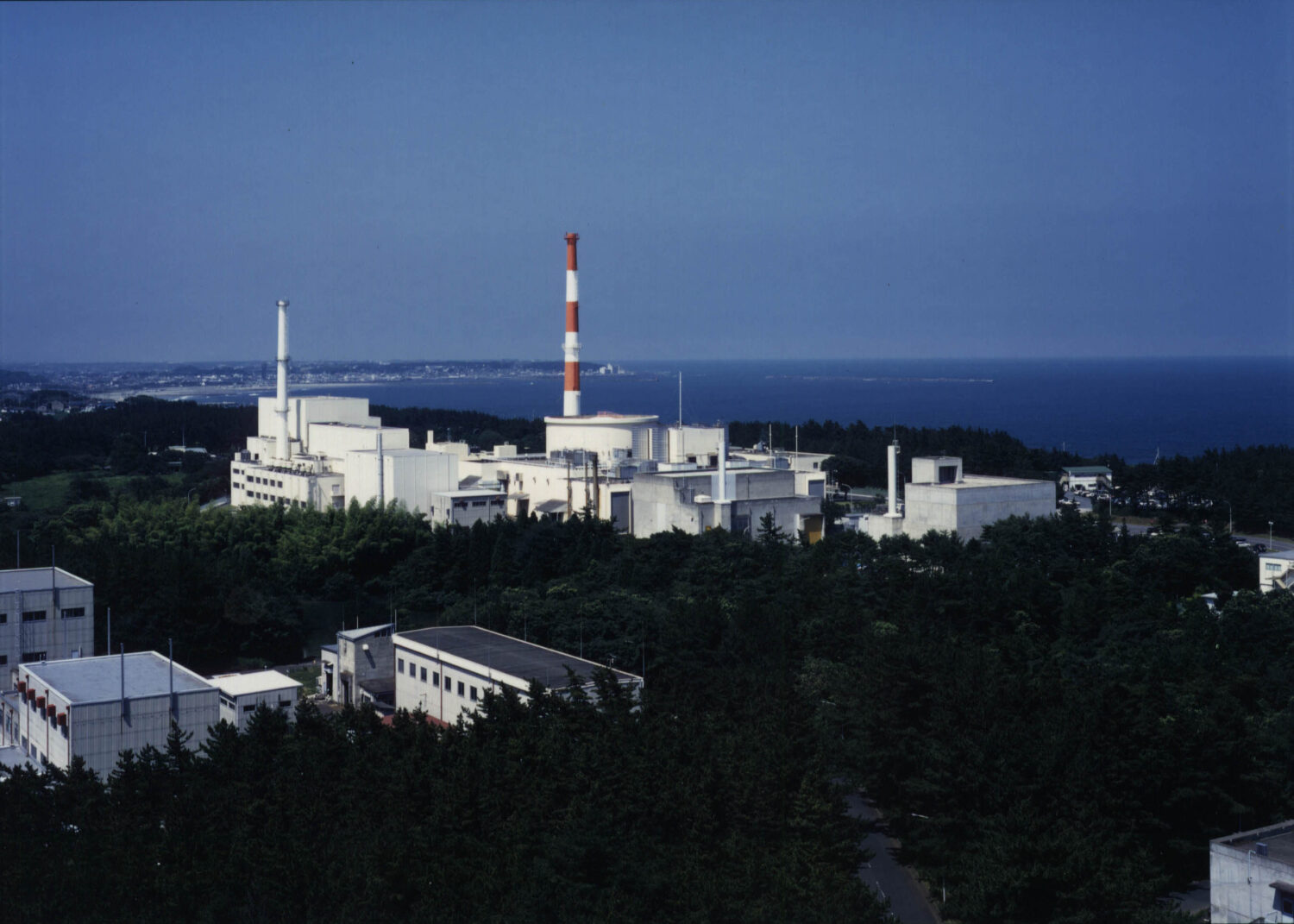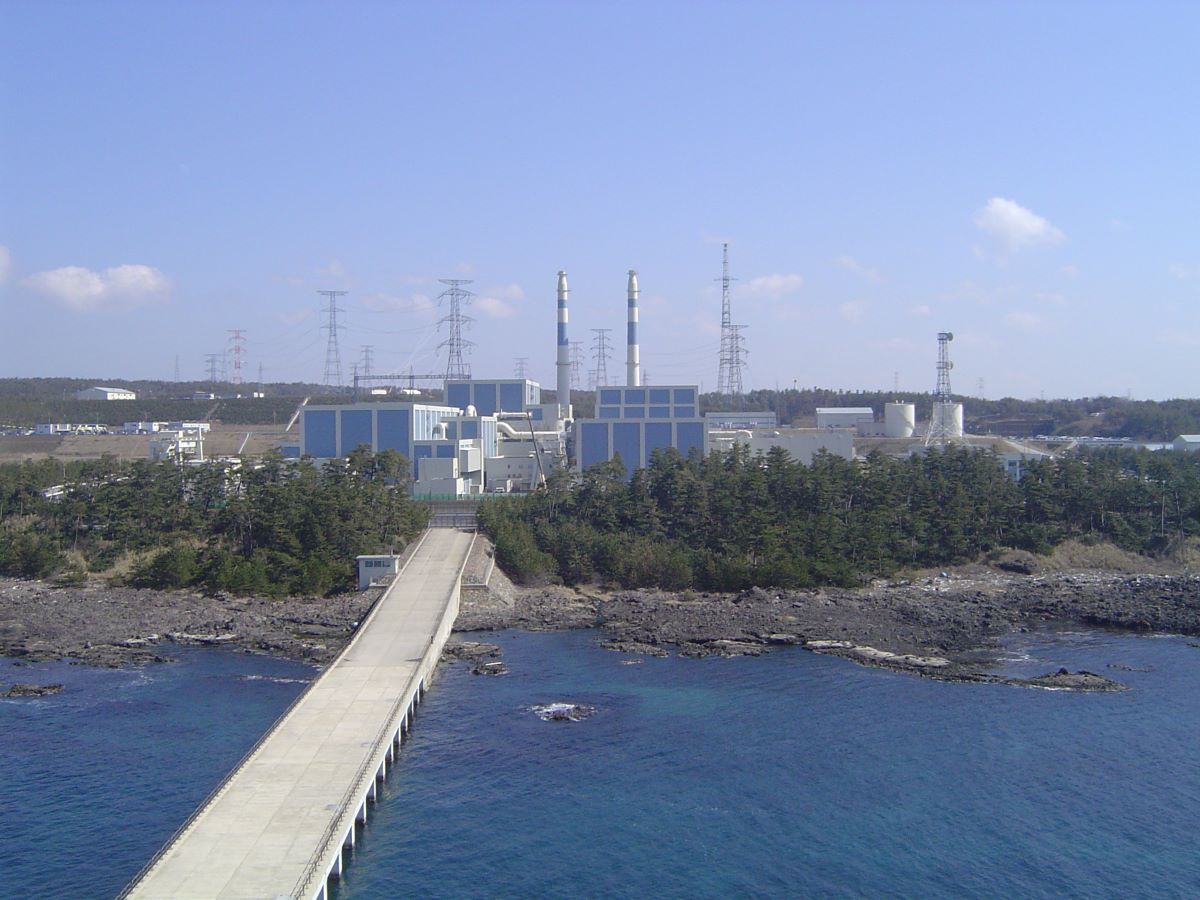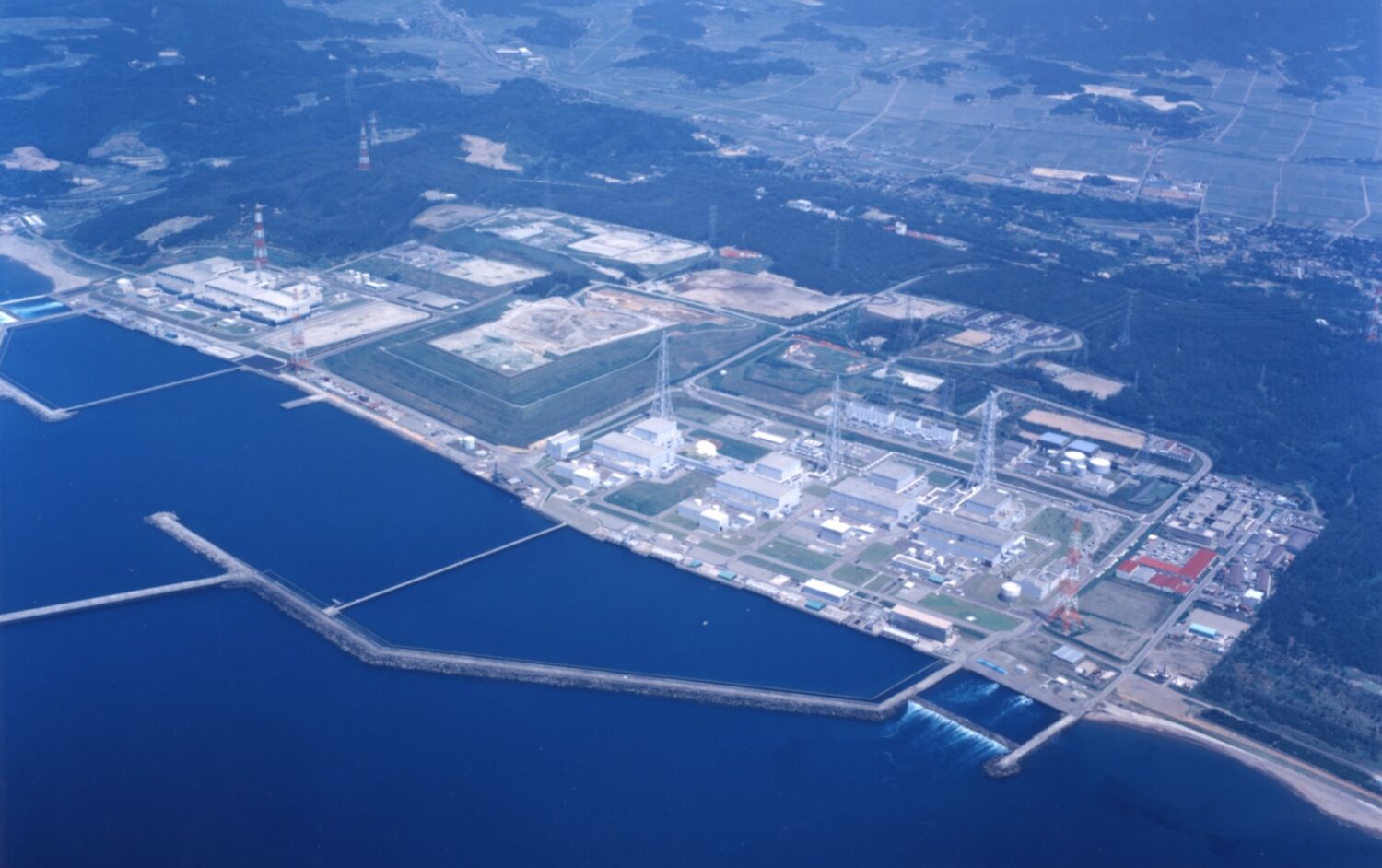Because the service period of the plant will reach the 40-year mark on November 30, 2016, both the aforementioned compatibility examination and another one dealing with the extension of the reactor’s lifetime are required under the Reactor Regulation Law before it can be restarted.
According to the report, in March of this year, after Kansai EP had filed applications for compatibility examinations (specifically, applications for approvals to change its reactor installation and revise its operational safety programs) for Mihama-3, eight separate evaluation meetings were held to consider the possible effect of earthquakes, tsunami and volcanoes on the plant, with another two held concerning the plant itself.
As for the former, reviews were made of issues of the geological structure, active faults and seismic vibrations surrounding the site. On August 21, the power company presented data on standard ground motion (Ss). Two weeks later, on September 4, it was confirmed that the assessments of volcanic effects had been evaluated sufficiently in a general manner.
As for the plant-related matters, however, Kansai EP submitted only a very few of the additional materials necessary for the examination by the day of the meeting, holding up the review of the application. It cannot be determined, therefore, whether the required examinations can be completed before the reactor reaches its lifetime limit next year.
Meanwhile, regarding approval of the work plan, the secretariat said that the power company had told it that it would submit an application next month, with additional applications to be filed next February and May. Although the period for legally filing an application to extend Mihama-3’s service period is from September 1 to December 1, no application has been filed as of yet.
The secretariat also said that it would try to examine the reactor more efficiently before approving it, as an extensive review of the application is expected, particularly regarding seismic evaluations.
After receiving the report, NRA Commissioner Toyoshi Fuketa—the man in charge of plant-related examinations—described the situation as “quite serious,” adding that he was “not sure” if it could be done “even if we started working on it full-time tomorrow,” thereby demonstrating his strong sense of crisis.
New Commissioner Nobuhiko Ban, on the other hand, said they could “handle the circumstances,” taking into account the balance with other plants.
Kansai EP has filed applications with the NRA to conduct compatibility examinations on seven of its reactors, namely, Mihama-3, Takahama-1 to -4, and Oi-3 and -4. The NRA will continue to hold discussions with the company’s executives about how to handle the matter.
Additionally, at the same regular meeting on September 30, the NRA approved another report by an expert panel regarding a fault zone of crushed rock within the Mihama site, saying that there was “little possibility” of seismic activity there since the Late Pleistocene.



-1.png)

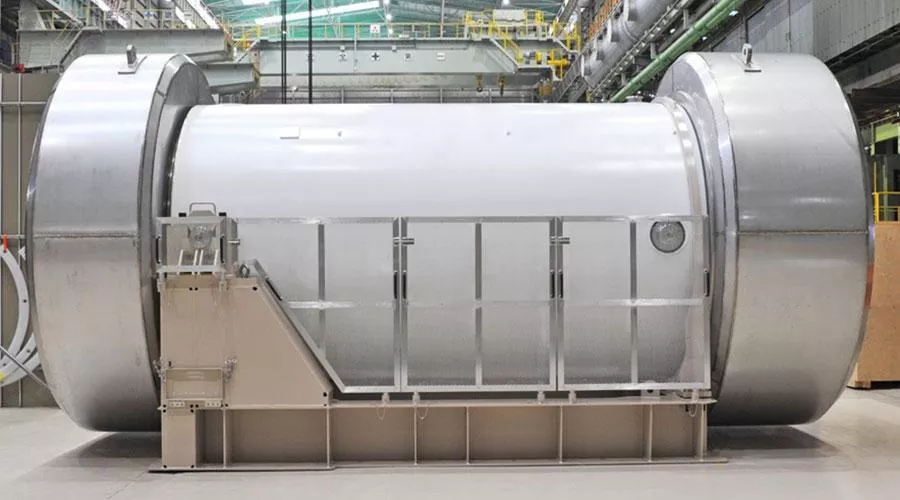
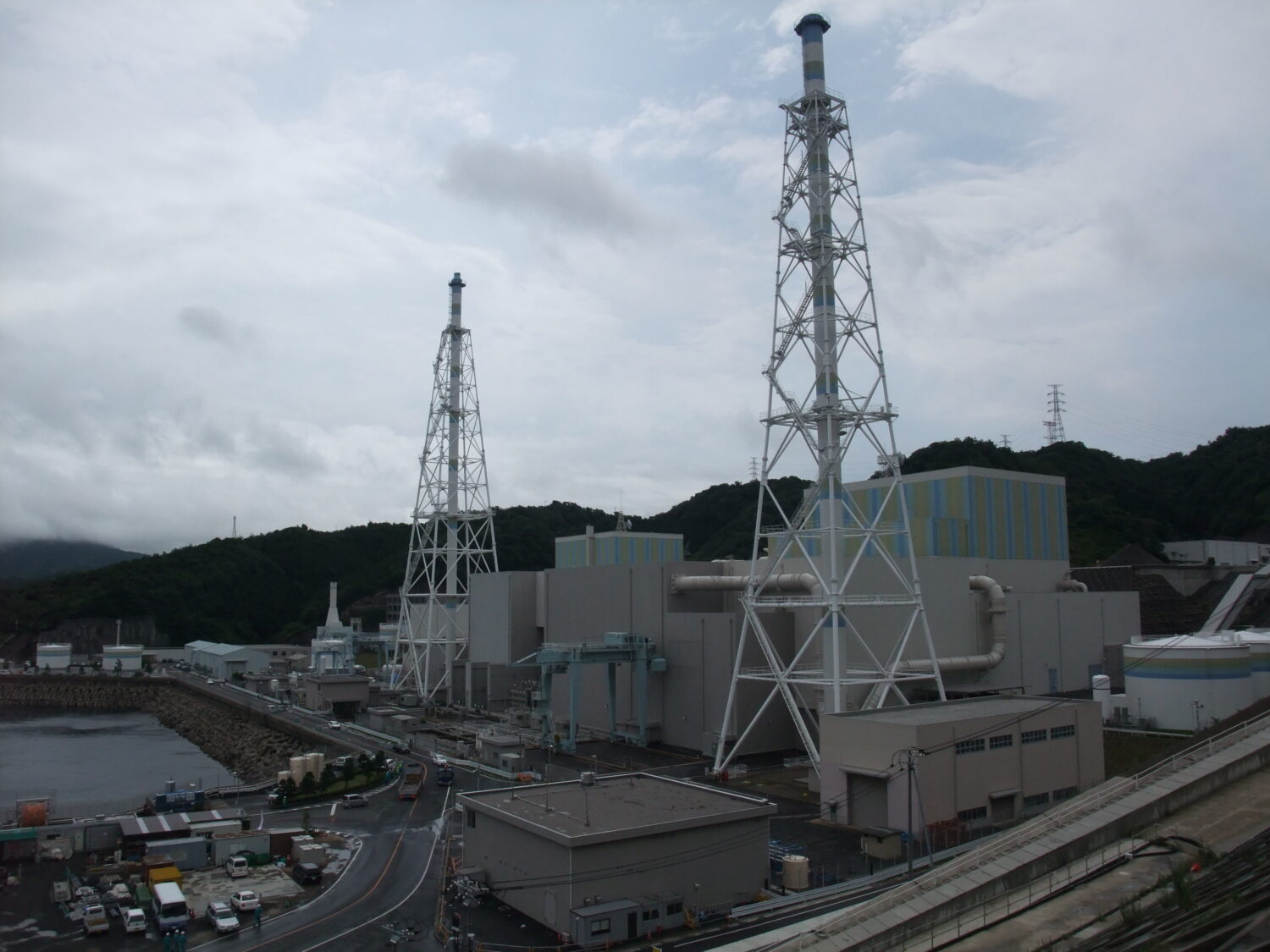

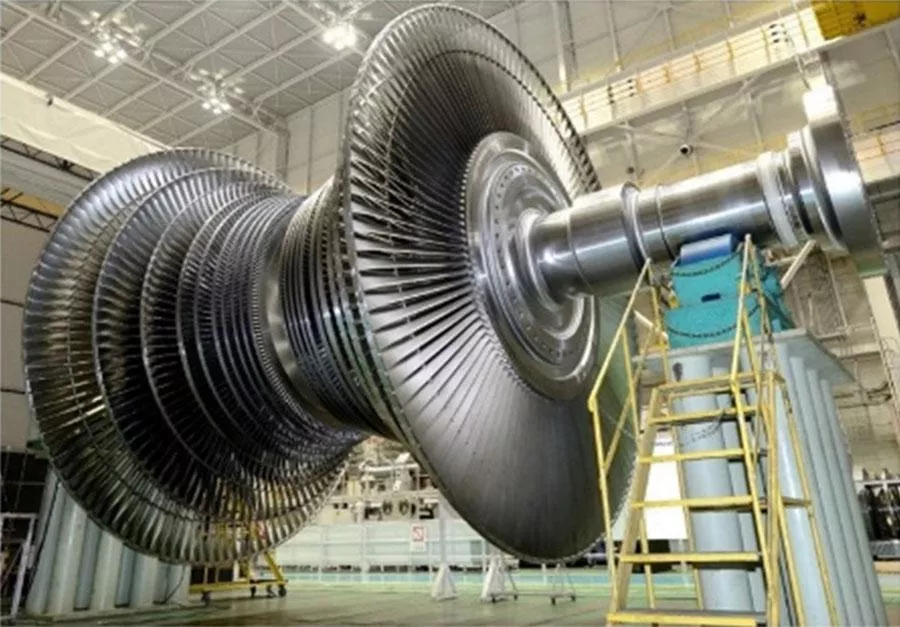

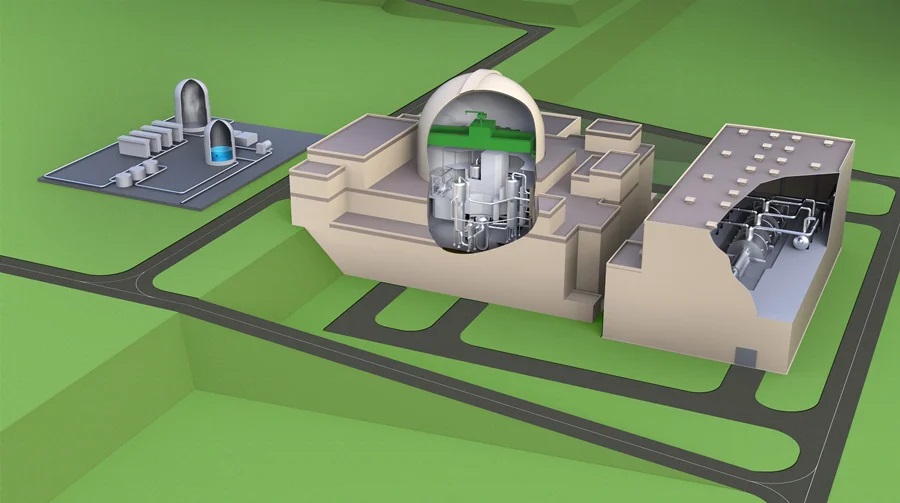
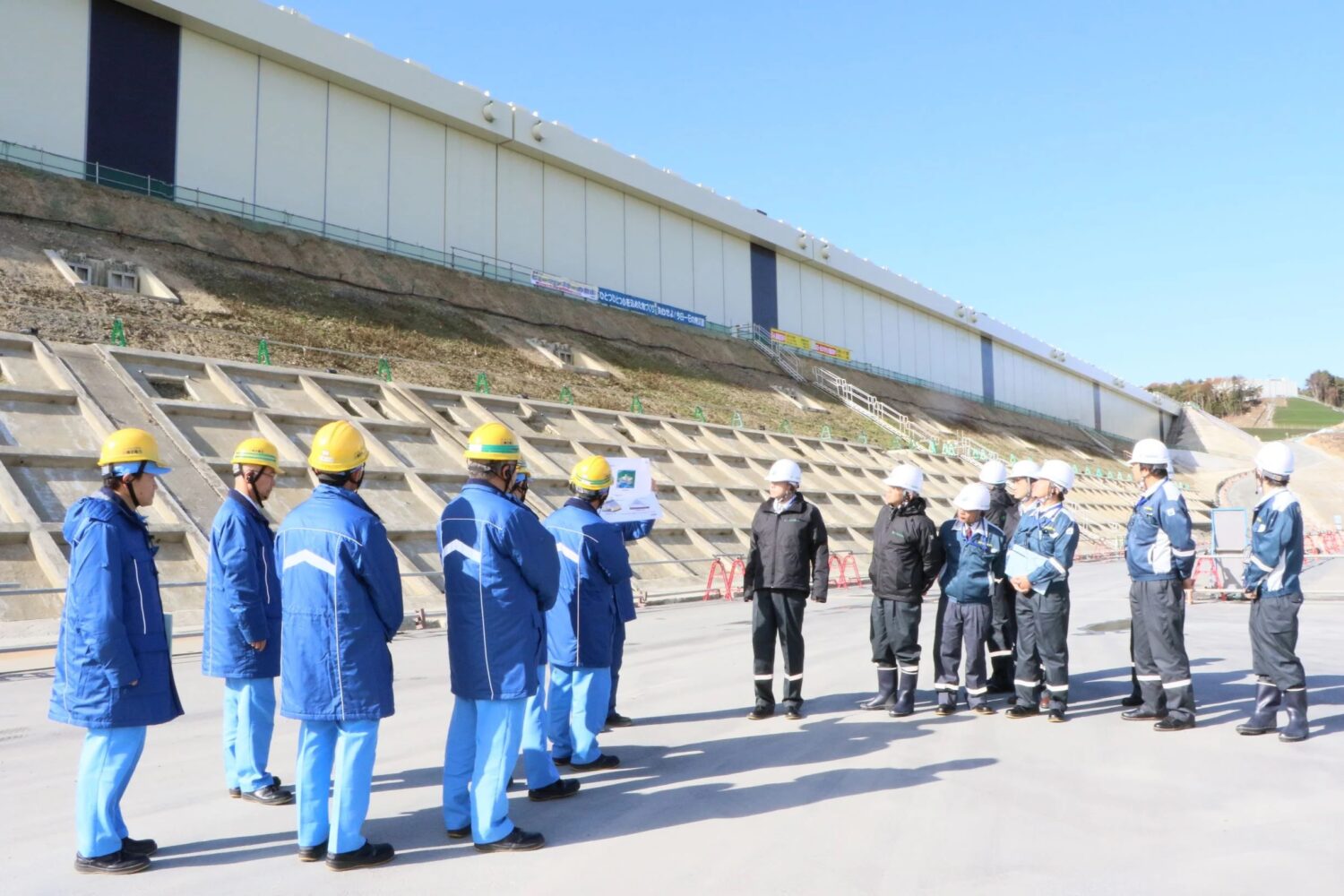
.jpg)

